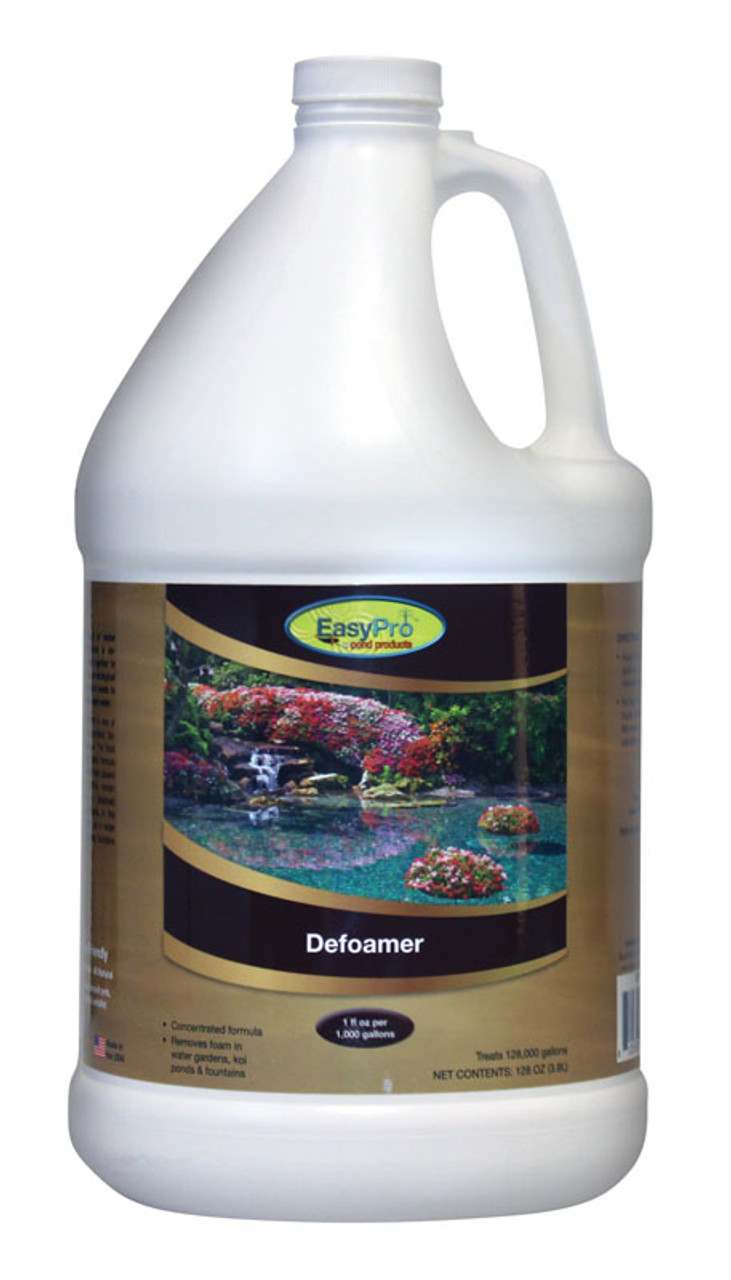Choosing the Right Defoamers for Your Industry Needs
Choosing the Right Defoamers for Your Industry Needs
Blog Article
The Role of Defoamers in Enhancing Product Top Quality and Efficiency
Defoamers offer as vital ingredients that reduce this problem, making certain smoother production workflows while enhancing the functional and aesthetic attributes of the final products. The choice of the proper defoamer can be vital to attaining optimal results, raising essential inquiries concerning solution compatibility and efficiency metrics that warrant more exploration.
Recognizing Defoamers
Recognizing the duty of defoamers is essential for preserving item top quality across numerous industries. Defoamers are chemical additives designed to avoid the development and lower of foam in fluid systems, which can negatively impact procedures such as blending, filling up, and surface area stress. Lathering can cause ineffectiveness, product defects, and jeopardized visual charm, making defoamers an important component in manufacturing procedures.
In industrial applications, defoamers aid to improve product consistency and security. The effective usage of defoamers not just guarantees smoother production processes yet also adds to remarkable product efficiency.
In addition, the option and formula of a defoamer need to align with particular application demands, such as compatibility with various other active ingredients, effectiveness under varying temperature and pH problems, and possible regulative restraints. Eventually, understanding defoamers' functions and their value in numerous formulations is vital for maximizing production and making certain the greatest quality end products.
Kinds Of Defoamers
Defoamers can be classified into numerous types based on their make-up and mechanism of activity. The primary kinds consist of silicone-based, non-silicone natural, and not natural defoamers.
Silicone-based defoamers are among the most effective, primarily as a result of their ability to spread promptly on the liquid surface area and interrupt foam formation. Their one-of-a-kind chemical framework enables premium stability, making them appropriate for high-temperature applications and settings with varying pH degrees.
Non-silicone natural defoamers, usually composed of fatty acids or natural oils, are valued for their biodegradability and reduced poisoning. These are commonly made use of in food and beverage applications where safety and security and environmental effect are extremely important.
Inorganic defoamers, that include substances like talc or calcium carbonate, act by enhancing the density of the fluid, thus reducing foam stability. They are often used in industrial processes where compatibility with various other materials is not a concern.
Each kind of defoamer has unique benefits and limitations, enabling for tailored services depending on the particular lathering problems encountered in different applications. Comprehending these distinctions is important for maximizing efficiency and attaining desired item high quality.
Applications Across Industries
Countless industries take advantage of defoamers to enhance item quality and operational effectiveness. In the food and beverage field, defoamers are vital in processes such as developing and milk manufacturing to avoid foam development, which can bring about ineffectiveness and product incongruity. By managing foam, suppliers can make certain better return and a much more uniform item.
In the pharmaceutical industry, defoamers play a vital role in the solution of liquid drugs, where excessive foam can restrain mixing and precise application. Their use assists preserve the stability of the solutions and facilitates smoother production procedures.
The paint and layers market additionally relies upon defoamers to click here to read improve the efficiency of products throughout application. By lessening foam, these ingredients guarantee a smoother coating and improve the visual high qualities of the last product.

Advantages of Utilizing Defoamers
While the application of defoamers differs throughout markets, their advantages constantly boost item high quality and procedure efficiency. One considerable advantage is the reduction of foam development during producing processes, which can otherwise cause manufacturing delays and variances in item high quality. By lessening foam, defoamers enable a smoother circulation of materials, assisting in a lot more effective procedures and lowering the chance of equipment malfunctions.
In addition, making use of defoamers can improve the look and appearance of end products. In fields such as coverings, paints, and food handling, extreme foam can endanger the visual appearances and general high quality, while the appropriate defoamer application ensures a consistent finish and preferable qualities. In addition, defoamers can add to cost savings by lowering waste throughout manufacturing and maximizing making use of basic materials (defoamers).

Selecting the Right Defoamer
Selecting the ideal defoamer is essential for enhancing production procedures and guaranteeing product high quality. The choice of defoamer affects not just the efficiency Visit Your URL of foam control however also the total performance characteristics of the final product. Variables to take into consideration include the type of application, the chemistry of the formulation, and the ecological problems under which the product will certainly be made use of.
Different sectors may require certain defoamer kinds, such as silicone-based, organic, or polymeric defoamers. Recognizing the compatibility of the defoamer with the main ingredients is vital to prevent damaging responses that might compromise item honesty. Furthermore, the defoamer's efficiency in different temperature levels and pH levels need to be reviewed to ensure regular performance.
Checking the defoamer in small applications can provide valuable understandings into its performance and viability. Consideration of regulative conformity, particularly in food, drugs, and cosmetics, is extremely important in selecting a defoamer. Ultimately, a comprehensive assessment of these elements will certainly cause the option of a defoamer that not only controls foam properly but additionally enhances the quality and efficiency of the last item.
Conclusion

To conclude, defoamers are important additives that significantly improve item top quality and efficiency across different markets. By efficiently decreasing foam formation, these agents not only boost functional efficiency however likewise contribute to the aesthetic and functional integrity of items. The strategic choice and application of defoamers bring about cost financial savings, maximized resource usage, and enhanced consumer satisfaction. Generally, the importance of defoamers in industrial processes can not be overstated, as they play an important duty in accomplishing high-grade and consistent results.
Lathering can lead to inadequacies, item defects, and endangered visual allure, making click for source defoamers an essential element in producing procedures.

Report this page